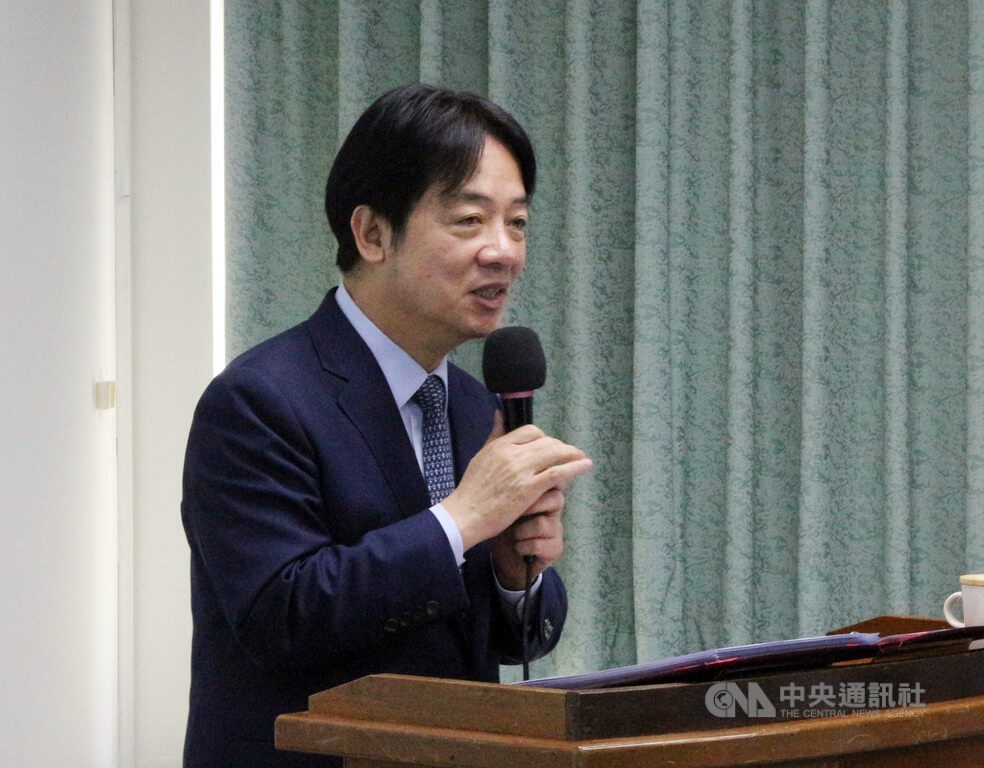Taichung, April 11 (CNA) Taiwan is among the first batch of countries set to enter into tariff negotiations with the United States, President Lai Ching-te (賴清德) said Friday.
“Taiwan is now included in the first list of negotiations” with the U.S., Lai told representatives from the machinery industry in Taichung, without providing further details.
The president added that the government would be fully prepared for talks with the U.S. to protect Taiwan’s national interests and the future development of Taiwanese industries.
Lai called for unity across both the public and private sectors, as well as between the ruling and opposition parties, in the face of the U.S. tariff shocks, noting that Taiwan could overcome the challenge and “turn crisis into opportunities” through collective efforts.
But it remains unclear when such talks would take place and who would actually be involved. The Cabinet said on Thursday the government would notify the public of progress in due course.
Friday’s meeting followed two previous discussions Lai had with representatives from information and communications technology, non-tech industries and small and medium-sized enterprises at the presidential residence last weekend.
The meeting moved behind closed doors after Lai and Taiwan Association of Machinery Industry (TAMI) Chairman David Chuang (莊大立) delivered their remarks.
Chuang expressed concern that the 32 percent duties Taiwan was set to face before they were postponed would not only directly impact Taiwanese machinery exports to the U.S. but also undermine their global competitiveness.
TAMI issued a statement on Thursday urging the government to negotiate with the U.S. for a lower tariff rate for Taiwanese machinery products, particularly for a rate lower than their main competitors from Japan and South Korea.
The association, which represents more than 2,700 company members in Taiwan, also called for “interest-free loans” for machinery businesses that had already begun to feel the sting of the tariffs.
Trump’s “reciprocal tariffs” on imports from dozens of countries — including a blanket 32 percent levy on most Taiwanese goods — were scheduled to take effect on Wednesday.
On Wednesday afternoon (Washington time), however, Trump announced a 90-day pause on the new measures, with reduced 10 percent duties to be applied instead to all countries but China.
Chuang said companies in the machinery business will work with the government to address the ills of transshipments, a practice where goods are routed through a third country to alter their country of origin to benefit from lower duties imposed on that third country.
At the same time, Chuang continued, Taiwanese suppliers are willing to collaborate with American partners in manufacturing machine tools, adding that “we will be a good partner.”
